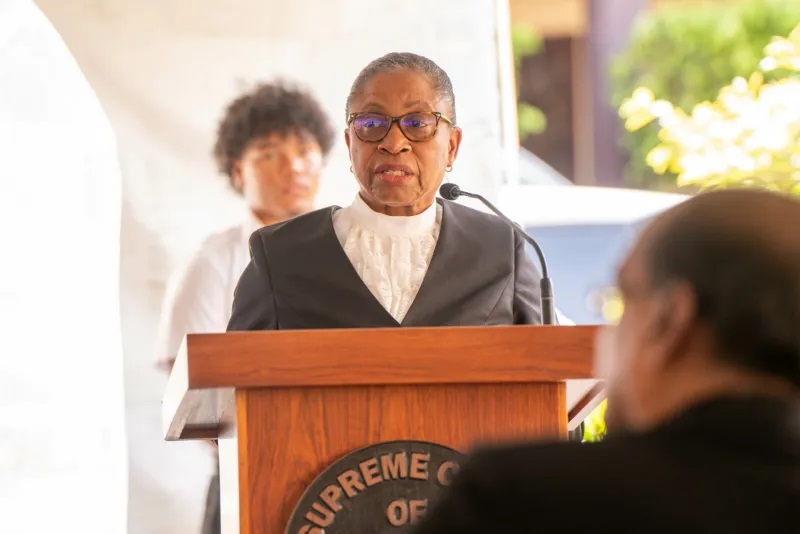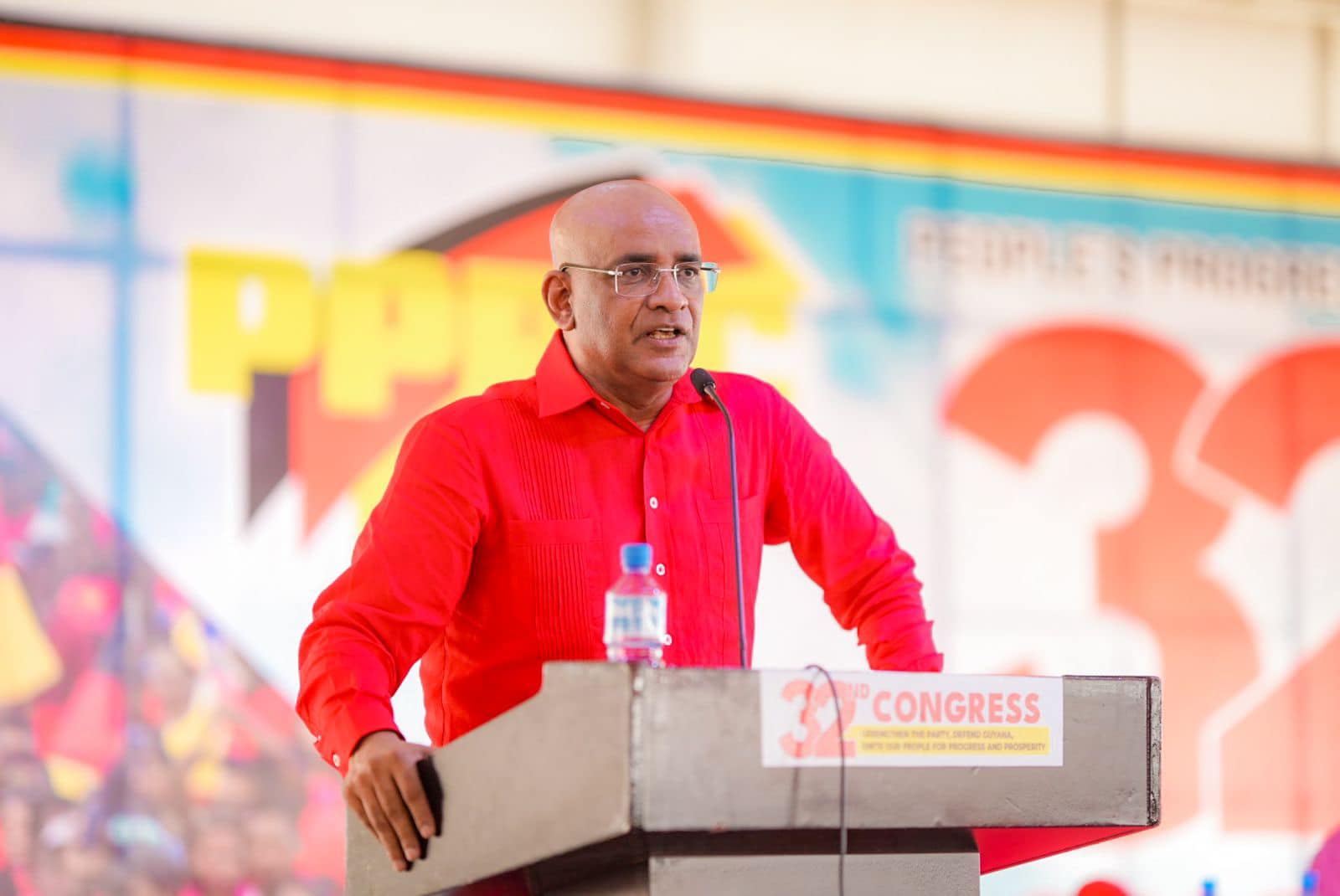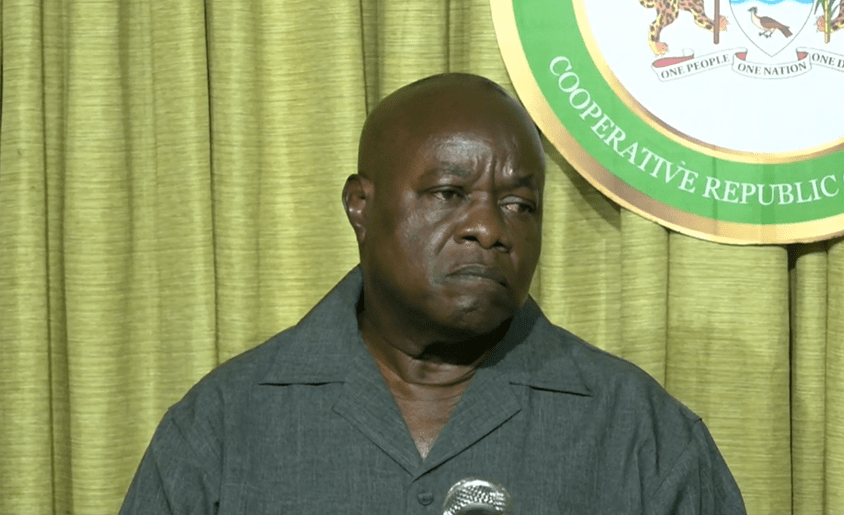E-Payments for fines, bail, child maintenance could roll out soon – Chief Justice
 15 January 2025
15 January 2025


Acting Chief Justice, Roxane George, SC has said that the judiciary is on the verge of implementing an electronic payment system for court-related transactions. This initiative is set to transform how payments such as fines, bail, and maintenance are processed, offering convenience and efficiency to litigants and court users.
“I have engaged both the Honorable Dr Ashni Singh, Minister of Finance, and the Honorable Attorney General (AG) on this issue, and I am hopeful of positive results before the end of this quarter,” Chief Justice George revealed at a press conference on Tuesday.
She further explained that this e-payment system would include payments for e-tickets for traffic violations and maintenance, stating, “No matter where the person liable for maintenance is located, once they have access to the Internet, they can pay monies through online bank transfers or, for example, by MMG.”
Mobile Money Guyana (MMG) is expected to play a significant role in this digital transformation, allowing users to process payments securely and remotely. MMG is already a widely utilised platform in Guyana for online transactions, and its integration into the judiciary’s payment system is anticipated to enhance accessibility, especially for individuals in remote or underserved areas.
The Chief Justice emphasised the time-saving benefits and accessibility of such a system, particularly for women and children relying on maintenance payments. She expressed optimism about its potential to revolutionise judicial administration and enhance access to justice across Guyana.
This move aligns with the judiciary’s broader technological modernisation efforts. In 2024, the Supreme Court rolled out an e-litigation system, enabling online filing of cases and electronic case management across various courts. By the end of the year, the system had facilitated over 1,600 High Court filings.
However, Chief Justice George acknowledged the challenges posed by heavy caseloads, stating, “Despite the increase in the number of judicial officers, the court system cannot realistically conduct trials in every case or deliver judgments within the four-month time frame prescribed by law.”
She encouraged the use of alternative dispute resolution mechanisms, such as mediation, to alleviate the burden.
To further improve efficiency, the judiciary plans to expand its court management systems. In 2024, significant strides were made with the development of an electronic court management system, while efforts to finalise criminal procedure rules and upgrade case recording technologies are ongoing.
The introduction of an e-payment system through MMG could bridge significant gaps in access to justice for many Guyanese. Whether for traffic fines or maintenance payments, individuals in rural or hinterland areas would no longer have to undertake lengthy or costly journeys to make payments at court locations.
Additionally, this development ties into the Government’s broader vision of digital transformation across Guyana. The judiciary’s efforts to integrate technology, including MMG and other digital platforms, aim to create a justice system that is efficient, transparent, and inclusive.
The Chief Justice reaffirmed the judiciary’s commitment to modernisation and collaboration with Government partners.
“The integration of technology has been our new frontier,” she declared, emphasising the transformative potential of these systems in meeting the evolving needs of the Guyanese public.
Related News

‘Anyone can contest the elections, however, your track-record will face scrutiny’

Letter: Opposition struggling in popular support against incumbent PPP

New Berbice River Bridge: 7 companies shortlisted, to submit price proposals


